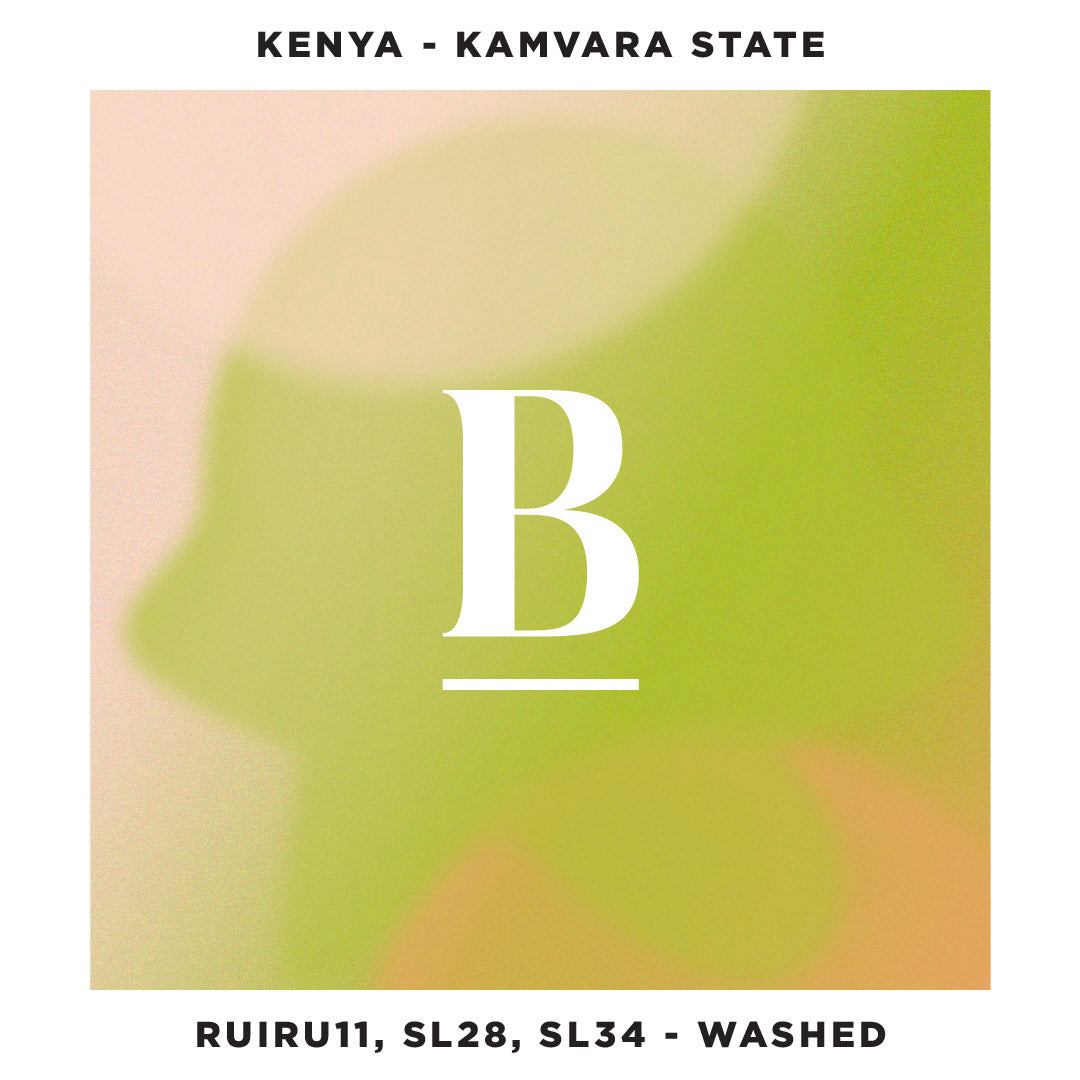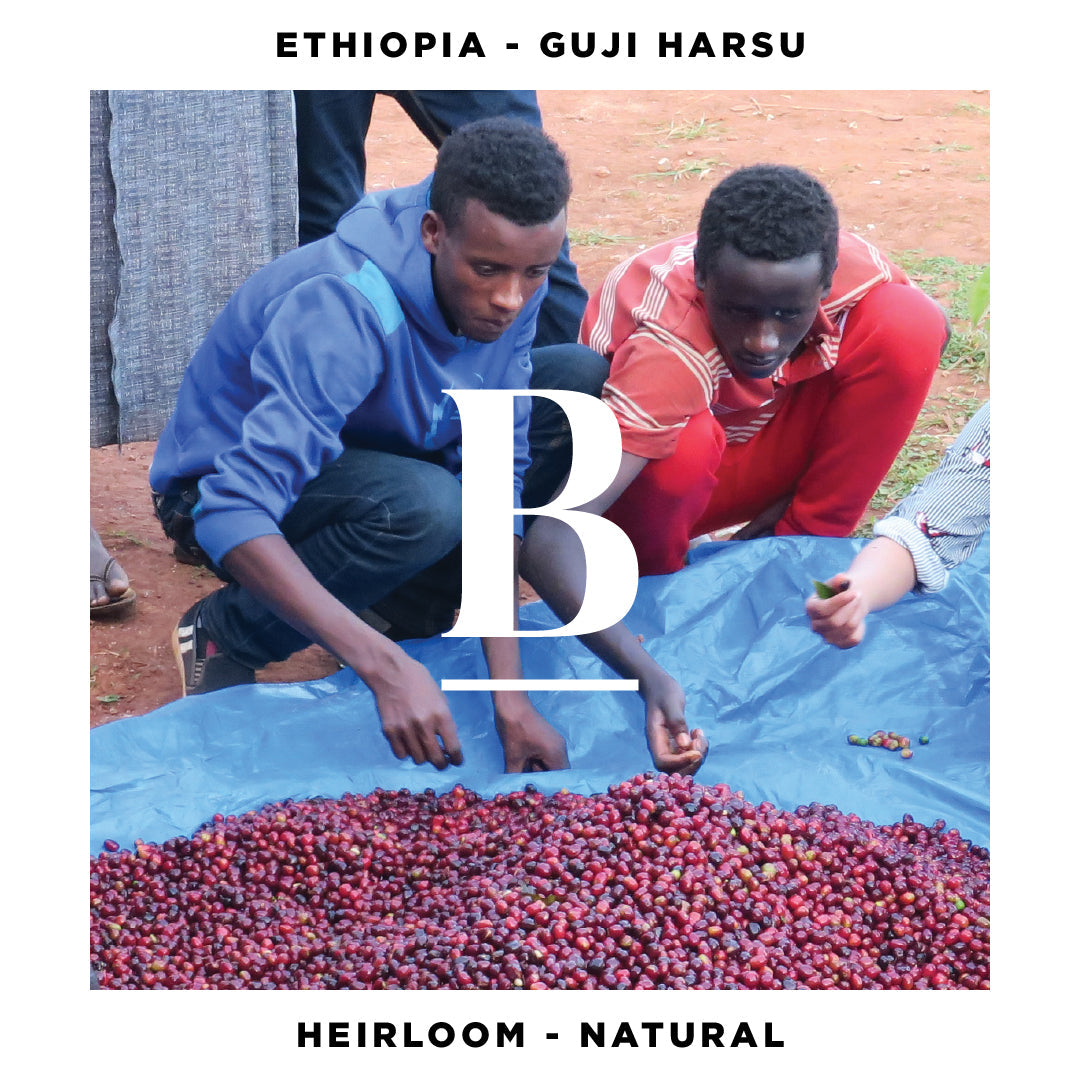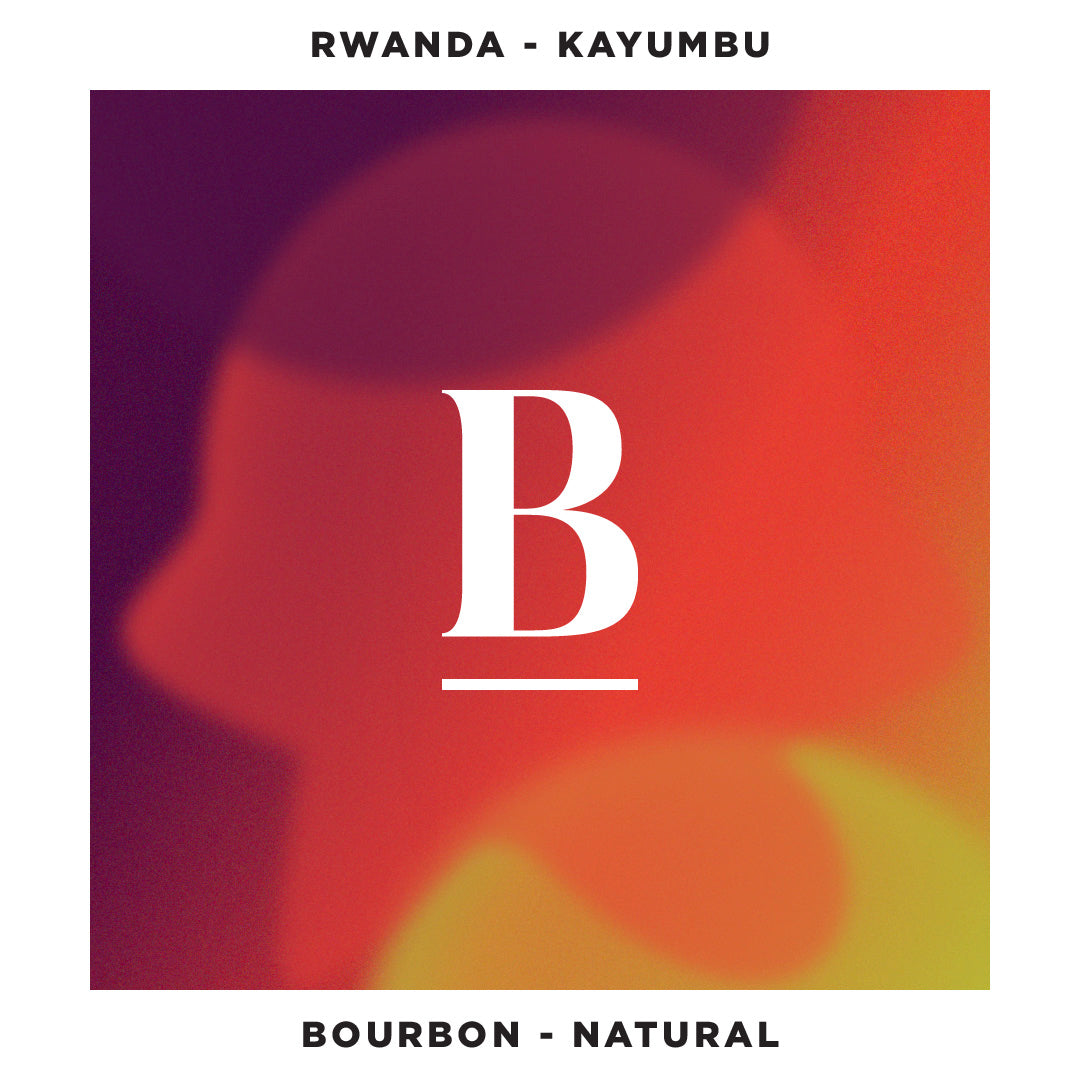Our partners, the producer-owned cooperative, COCARIVE (Cooperativa Reg Cafeicultores Vale do Rio Verde Ltda), help their smallholder member-farmers access export markets. The Santa Serra Natural blend, with a soft acidity and fresh stone fruit notes, is produced by smallholder farmers in COCARIVE’s network that spans the regional designation, Mantiqueira de Minas.
In order to be selected for their regional blends, each farm must meet a set of quality criteria. The cup score target for this selection lies between 83 and 84. Balance and sweetness are the key features of this coffee. There are a growing number of farms in Brazil that are focusing more on cup quality than volume. These farms approach growing, harvesting and processing with a great attention to detail.
CULTIVATION
The altitude and volcanic soil in Brazil are prime conditions for growing the balanced, well-bodied coffees of Brazil. Wide, flat farms make mechanization easier and allow for reduced production costs, making Brazil one of the few countries with consistently comfortable margins in the face of low world prices.
HARVEST & POST-HARVEST
The relatively flat landscape across many of Brazil’s coffee regions combined with high minimum wages has led most farms to opt for mechanical harvesting over selective hand-picking. In the past, this meant strip-picking was the norm; however, today’s mechanical harvesters are increasingly sensitive, meaning that farms can harvest only fully ripe cherries at each pass, which is good news for specialty-oriented producers.
Ripe coffee is picked using a derricadeira – a sort of mechanized rake that uses vibration to harvest ripe cherry. A tarp is spanned between coffee trees to capture the cherry as it falls.
After harvesting, cherry is laid to dry in the sun on concrete patios.
ABOUT THE MANTIQUERIA DE MINAS REGION
Coming from the native Tupi word “amantikir,” Mantiqueira means “where the mountains cry.” This micro-region is located on the slopes of the Mantiqueira Mountains on the Minas Gerais side. The land borders São Paulo and Rio de Janeiro states. More than 7,000 coffee growers collectively produce up to 1 million bags annually.
The region has a long tradition of coffee growing with many generations participating in the production of excellent, world-renowned specialty coffee. In 2011, Mantiqueira gained its PGI certificate for having a differentiated sensory profile known for floral and citrus notes, a dense and creamy body, medium-bright acidity and a long, sweet finish.
ABOUT COCARIVE
Sucafina has partnered with COCARIVE since 2015.
COCARIVE gives support to its members in all parts of the production chain. Their team of agronomists and technical experts assists with cultivation techniques, machinery, storage and finally commercialization of the beans.
Once parchment is dry, cooperative members send their coffee to the COCARIVE warehouses. The cooperative takes care of grading, commercialization and export. They have their own quality lab and storage and milling facilities in Carmo de Minas.
At the dry mill, where they prepare the coffee for export, COCARIVE has its own laboratory for quality control. Their team of trained cuppers and Q graders makes the first selection based on cup quality. They will verify which lots are suitable and of high enough cup quality for specialty microlots. Their quality control team checks the quality of every lot at a variety of times throughout the dry milling process analyzing both physical green and cup characteristics.
All COCARIVE member farms have the Protected Geographical Indication (PGI) certificate. On top of that, they are all certified by the Brazilian Specialty Coffee Association (BSCA). This certificate is a guarantee from BSCA that every aspect of labor at the farm is legal. It also guarantees the implementation of environmentally friendly practices on the farm during all steps of the coffee production process.
COFFEE IN BRAZIL
Just under 40% of all coffee in the world is produced in Brazil - around 3.7 million metric tons annually. With so much coffee produced, it’s no wonder that the country produces a wide range of qualities. Brazil produces everything from natural Robusta, to the neutral and mild Santos screen 17/18, to the distinctive Rio Minas 17/18. In recent years, Brazilian producers have also begun investing more heavily in specialty coffee production. Through our in-country partners in Brazil, including our sister company, we are able to provide a wide range of Brazilian coffees to our clients: from macrolot to microlot.
Today, the most prolific coffee growing regions of Brazil are Espirito Santo, São Paulo, Minas Gerais, and Bahia. Most Brazilian coffee is grown on large farms that are built and equipped for maximizing production output through mechanical harvesting and processing. The relatively flat landscape across many of Brazil’s coffee regions combined with high minimum wages has led most farms to opt for this type of mechanical harvesting over selective hand-picking.
In the past, mechanization meant that strip-picking was the norm; however, today’s mechanical harvesters are increasingly sensitive, meaning that farms can harvest only fully ripe cherries at each pass, which is good news for specialty-oriented producers.
In many cases and on less level sections of farms, a mixed form of ‘manual mechanized’ harvesting may be used, where ripe coffee is picked using a derriçadeira – a sort of mechanized rake that uses vibration to harvest ripe cherry. A tarp is spanned between coffee trees to capture the cherry as it falls.
With the aid of these newer, more selective technologies, there’s a growing number of farms who are increasingly concerned with – and able to deliver - cup quality.









